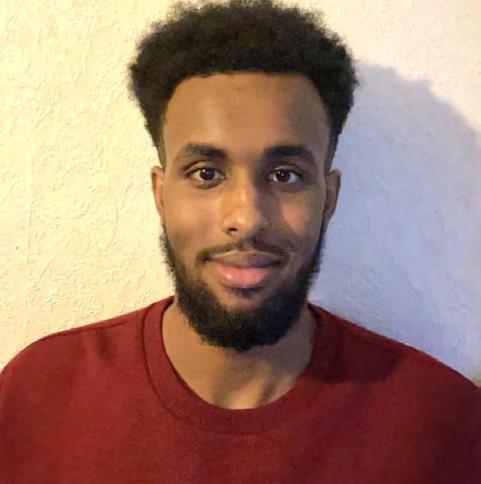
2 minute read
What we do
OUR YEAR-LONG PROGRAMME STARTS EARLIER TO IMPROVE ACCESS TO HIGHER EDUCATION BY EQUIPPING STUDENTS WITH THE GRADES AND ASPIRATIONS TO FULFIL THEIR POTENTIAL
Summer Residential
Advertisement
The week-long summer residential gives participants a snapshot of life as an undergraduate student. They attend academic seminars taught by university lecturers, complete a group work project, and take part in a timetable of social activities. The course challenges participants by taking them outside of their comfort zone, but is also an enjoyable, social experience. They not only have a much better understanding of what university is like, but become part of a cohort of like-minded friends, who are motivated and aspire to attend university.
Spring Residential
At the spring residential (previously known as the Easter residential) we focus on boosting academic attainment in core GCSE subjects and preparing participants to think about their future. Participants complete intensive tailored revision classes, attend a careers fair showcasing a wide range of professions, and learn about Year 12 and 13 widening participation programmes to continue supporting participants to reach university.
Coaching
We provide participants with monthly 1-to-1 coaching with trained Universify volunteers, who are current or recent university students. Coaching gives participants tailored support in setting and achieving their academic goals. This acts to keep participants engaged, continuing to think and talk about university and their aspirations, and helps them to build their individual resilience and problem-solving skills.
The Universify programme is definitely one of the experiences that have had a profound impact on my life to date. I remember being 15 not having a clue what I wanted to do and honestly, I was pretty lost. It was only after seeing Oxford for the first time and taking part in the programme that I really started to consider higher education as an option. The academic classes on ethics and moral philosophy along with critical thinking were my favourite part of the course and are what really triggered my academic curiosity and ultimately led to my interest in medicine which I am now studying at Imperial.
Theory Of Change
In designing our programme we developed a Theory of Change to act as a logic model for how we aim to achieve our mission. We mapped out how we aim to reach our long-term goals and outcomes through our programme’s activities. As part of our annual strategy we review our Theory of Change based on findings from our impact evaluation and participant feedback. These findings allow us to refine our programme to ensure we are best supporting participants to fulfil their potential in education.
Our Theory of Change outlines how we aim to equip participants with the skills, knowledge, attitudes, and beliefs to make successful applications to highly-selective universities. By doing so, we hope to combat educational and social inequality in the long-term, countering underrepresentation in society by addressing underrepresentation in Higher Education.
Background
Students from certain geographical, ethnic, socio-economic, and class backgrounds are less likely to apply successfully to highlyselective universities and high-demand courses. Barriers include low aspirations, limited attainment, understanding of higher education, lack of support and reliable information, and feeling out of place in a university environment.
Problem
Students from disadvantaged backgrounds are underrepresented in higher education, particularly at highlyselective universities.
Activities
Residential summer course. Spring revision residential. Academic coaching.
Admissions support. Support at university.
Intermediate outcomes
Improved understanding of highly-selective university, and how to get there for participants.
Improved subject knowledge and critical thinking skills.
Outcomes
Increased aspiration and attainment. Increased knowledge of university admissions. Increased feeling of being ‘at home’ at university.
Final goal
Increase in students from disadvantaged backgrounds making successful applications to universities and highly-selective universities.
Improved confidence and resilience. Participants are able to make an informed decision about university.
Further goal
Higher Education — particularly highly-selective universities — is representative of the UK population. People are able to make informed decisions about their future.
Enabling factors
Participants form a supportive group and develop cohort expectations of progress. Participants respond positively to challenge of being ‘out of their comfort zone’ and in a new environment. Schools support participants aspirations and decisions through increased understanding of university.









